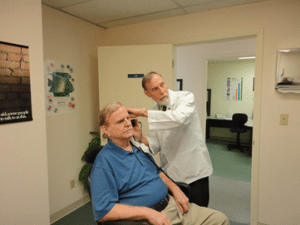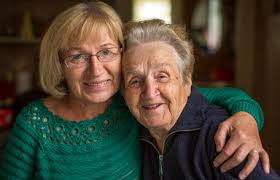
It’s time for open enrollment through the Health Insurance Marketplace. If you want to add, change, or keep your current insurance policy, you have a limited time to complete the necessary application and documentation. Here’s what you need to keep in mind when choosing insurance and making the most out of open enrollment this year.
Premiums
The premium refers to the amount of money you will pay each month for your health insurance. However, you may qualify for assistance paying for your premiums. After you fill out your application, you’ll get to see how much money the Health Insurance Marketplace will pay towards your premiums each month. Each plan will have different premiums, as they will offer different amounts of coverage. You can compare online health insurance quotes to find the right plan that meets your needs and budget.
Copays
If you have to go to the doctor, you don’t want to have any surprises regarding how much your visit will cost. You can avoid this by choosing a plan with a copay. A copay is the amount of money you will need to pay for a doctor or specialist visit. When selecting a health insurance policy, you need to keep in mind that copays might be different for primary care physicians and specialists.
Deductibles
Before an insurance policy financially covers certain procedures, you will need to meet the deductible by paying a certain amount of money out of pocket. Once you meet your deductible, you won’t have to pay it again until the following year. Doctor’s visits tend to be excluded from deductible requirements, and many insurance policies will only require that you pay a copay for doctor’s visits even before you have met your deductible.
Prescription Coverage
If you take prescription drugs, this is one area that you need to pay extra attention to going forward. Insurance policies will vary quite a bit as to the amount of coverage that they offer. Some policies also require that you meet a pharmacy deductible before paying for part of your prescriptions, while other policies will only require that you pay copays. The amount of the copay will depend on the type of drug. Prescription drugs fall into four tiers. These tiers include Tier 1, Tier 2, Tier 3, and Tier 4. Each tier can have a different copay amount.
Referrals
PPO and HMO insurance policies are the two different options you have when choosing insurance through the Health Insurance Marketplace. One requires the need for a referral, while the other does not. PPO policies don’t require a referral from a doctor, and you can see any doctor you’d like without the need for your primary care physician to approve it as long as the doctor takes your policy. HMO policies require that you get a referral if you want insurance to cover it. Many people choose PPO policies because they don’t want to wait to get a referral to see a doctor, but PPO policies do tend to be more expensive than HMO policies.
Open enrollment is upon us, and you need to act quickly if you want to have health insurance next year. Before choosing an insurance policy through the Health Insurance Marketplace, you need to keep the above information in mind. This will allow you to make the most out of open enrollment.








